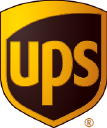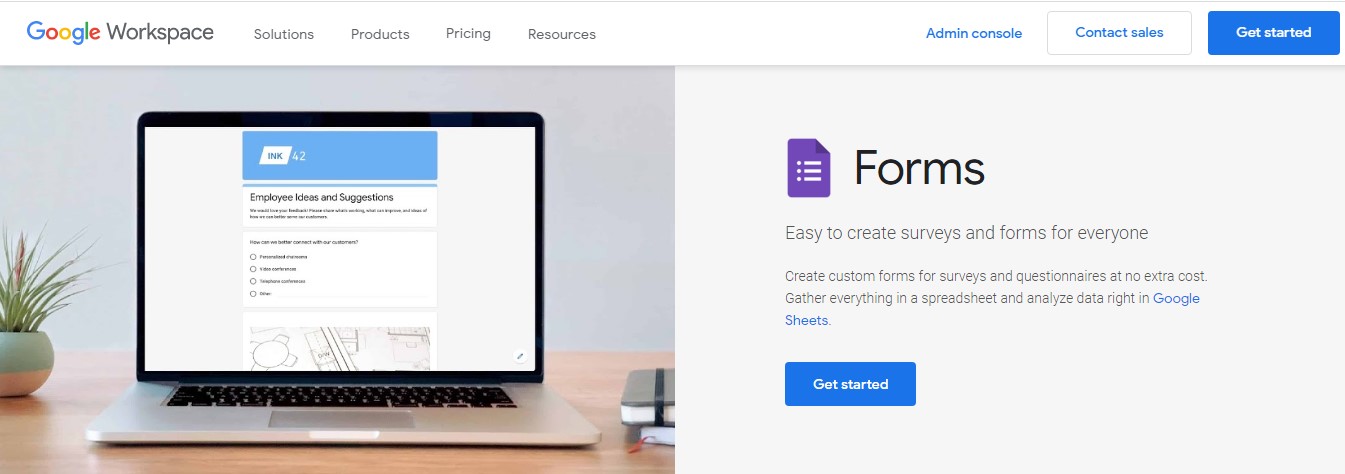I Created A $180K/Year Algorithm That Helps Ecommerce Owners Boost Sales
Hello! Who are you and what business did you start?
Hi! I am Akhil Suresh Nair, the founder & CEO of Xena Intelligence, and a proud first-generation immigrant. Xena is an AI-powered eCommerce growth platform that uses data intelligence to automate and optimize eCommerce channels like Amazon & Walmart.
We currently post-revenue with monthly recurring revenue of $15,550 and have also signed contracts with a couple of large Fortune 500 consumer goods companies. Xena has also recently raised a modest sum of $115k for its pre-seed round through a VC fund and an Angel.

What's your backstory and how did you come up with the idea?
I used to have a consulting startup focused on small and mid-sized companies. This was immediately after my graduation from

















